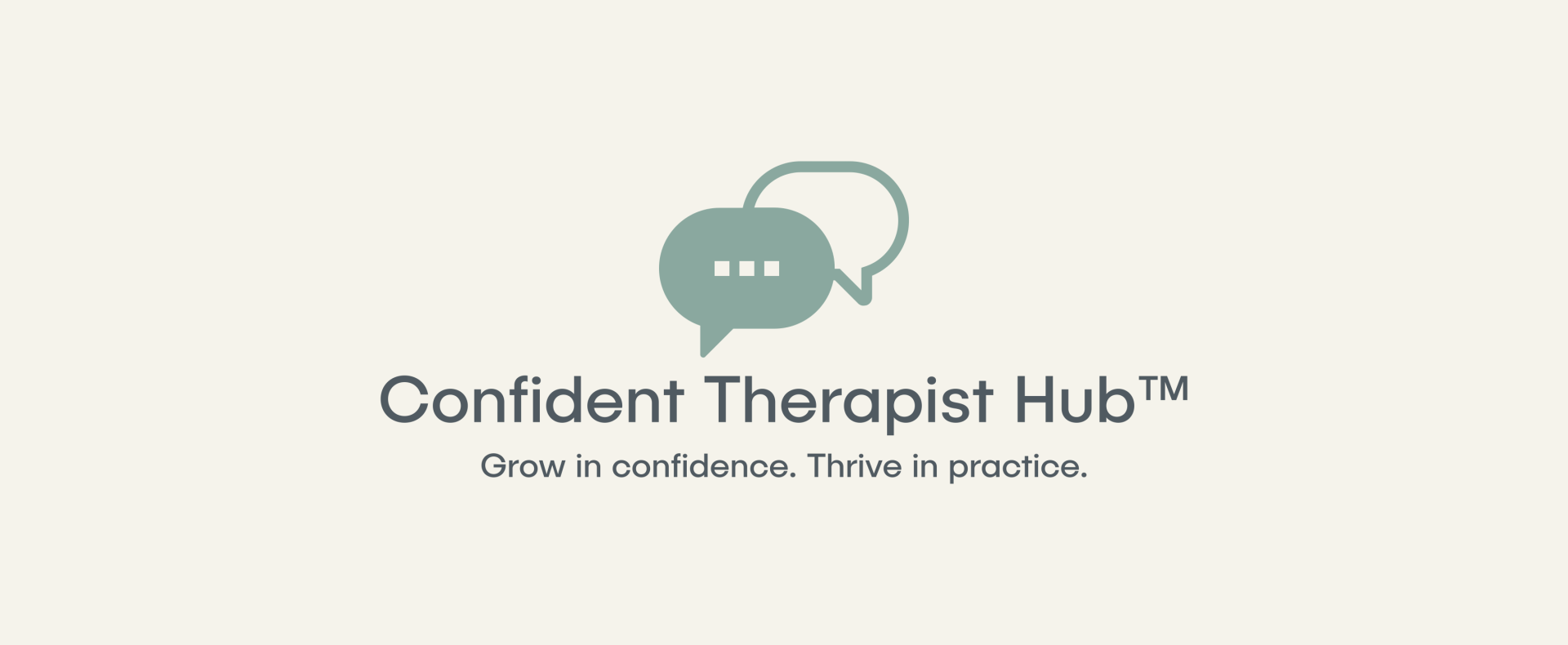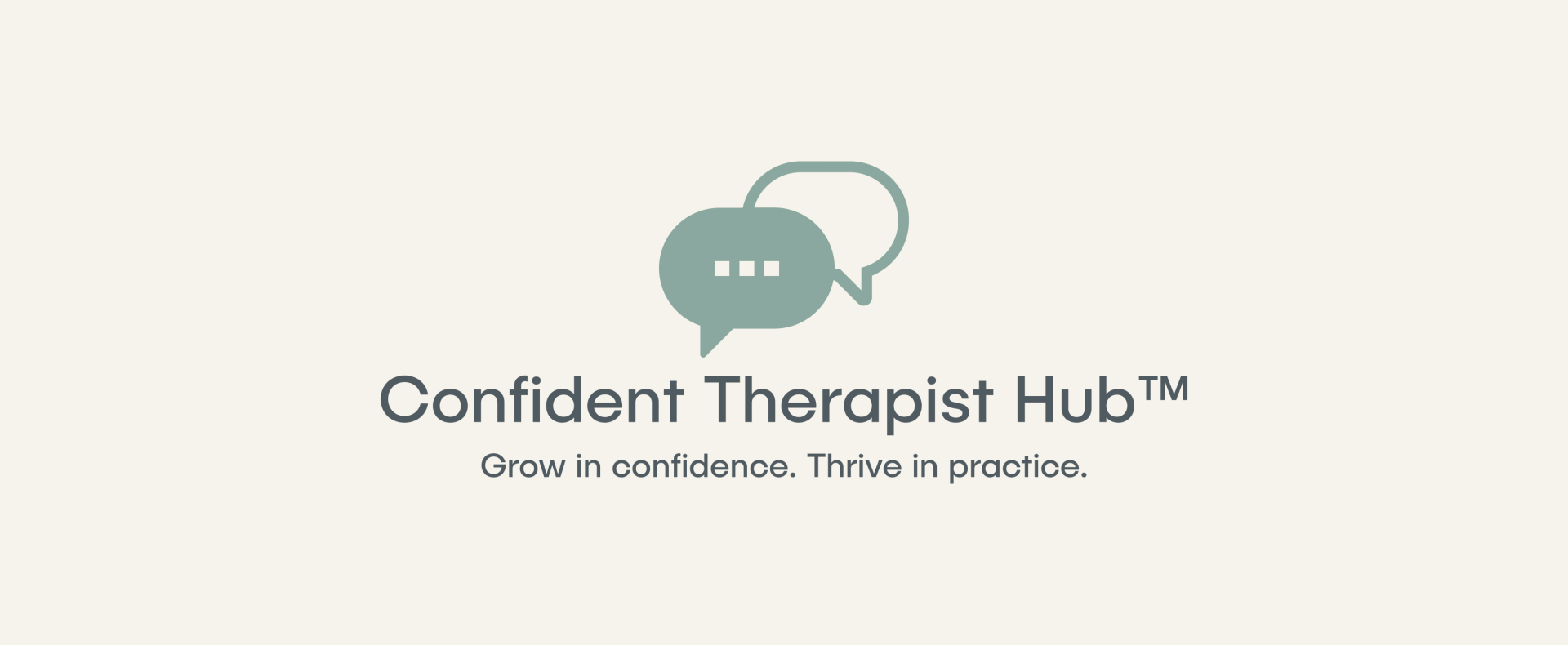Rethinking CPD: Why Therapists (& Clients) Deserve Better
Sep 17
/
Joel Bild
When I first qualified as a therapist, I went straight into private practice. It felt like a natural step. I’d been freelance before, so I already had the confidence and practical skills to manage my own business. The learning curve was steep, but familiar in many ways.
Where things started to feel less clear was in my professional development. I’ve always loved learning; I’ve spent most of my adult life working as an educator and developing education for others, so being a lifelong learner felt like part of my identity.
So, like many newly qualified therapists, I threw myself into CPD. I browsed online courses, joined live webinars, signed up for memberships and events, and before long, had built a whole digital library of training.
It looked impressive but, if I’m honest, like my bookshelves at home, most of it was half-watched, half-read, and half-forgotten. Something wasn’t working.
The CPD Overload
It’s not hard to see why. The therapy world is saturated with CPD offers: new modalities, new frameworks, new ways of working with this or that client group. Every email, ad, and post seems to continuously and incessantly whisper the same message: "you need this to be a better therapist". It creates an ambient pressure to improve, to know more, to be more, as if who we are and how we already practice isn’t enough. For a profession that often wrestles with imposter syndrome and self-doubt, this message cuts deep.
The Endless Chase for “New”
The growth in new therapeutic approaches has been staggering - from hundreds to tens of thousands in just a few decades. Arguably, many are re-syntheses of existing modalities, with a few genuine advances in neuroscience and brain chemistry.
Of course, understanding diverse client groups, e.g. neurodivergent, transgender and other groups is absolutely essential for us to be responsible in how we work with others - this is not a call to halt valuable and responsible CPD! But the sheer scale of new “approaches” being marketed to us risks turning professional development into an endless chase for novelty.
Losing Sight of What Really Matters
The irony is that decades of research point to the same conclusion: the single biggest predictor of therapeutic success isn’t the model we use - it’s the relationship. Empathy, trust, attunement, presence - these are the core relational skills that lie at the heart of therapy. And yet, amid the noise of new modalities and marketable acronyms, they can easily get sidelined. It’s easy to find ourselves spending more time trying to to master new models - perhaps we need to rebalance by spending more time on deepening the relational foundations that are shown time and again to help clients heal.
CPD Stuck in the Past
Even when we do find CPD worth doing, much of it feels like a throwback to the 1990s. Talking heads over PowerPoint slides, minimal engagement, little space for reflection or practical integration. It’s ironic that, as therapists who understand neurodiversity and different ways of processing, so much of our own learning is designed in such a narrow way.
We know from learning science that genuine learning happens through doing and reflecting, not passive watching. Yet the structure of most CPD rarely supports that.
It Doesn’t Have to Be This Way
Other industries have already moved on. Modern learning platforms are interactive, inclusive, and flexible, allowing people to dip in and out at their own pace, and designed to engage different learning styles.
Therapy deserves the same. That’s why I created the Confident Therapist Hub - to offer CPD that’s not only modern, inclusive, and accessible, but focused on supporting the therapist rather than overwhelming them with more modalities.
Our learning pathways focus on therapist confidence and wellbeing, across four key areas:
Because when therapists feel grounded and confident -not confused or inadequate - clients benefit too.
Perhaps the real evolution our profession needs isn’t another modality, but a return to what matters most: the relationship, and our own confidence within it.
Where things started to feel less clear was in my professional development. I’ve always loved learning; I’ve spent most of my adult life working as an educator and developing education for others, so being a lifelong learner felt like part of my identity.
So, like many newly qualified therapists, I threw myself into CPD. I browsed online courses, joined live webinars, signed up for memberships and events, and before long, had built a whole digital library of training.
It looked impressive but, if I’m honest, like my bookshelves at home, most of it was half-watched, half-read, and half-forgotten. Something wasn’t working.
The CPD Overload
It’s not hard to see why. The therapy world is saturated with CPD offers: new modalities, new frameworks, new ways of working with this or that client group. Every email, ad, and post seems to continuously and incessantly whisper the same message: "you need this to be a better therapist". It creates an ambient pressure to improve, to know more, to be more, as if who we are and how we already practice isn’t enough. For a profession that often wrestles with imposter syndrome and self-doubt, this message cuts deep.
The Endless Chase for “New”
The growth in new therapeutic approaches has been staggering - from hundreds to tens of thousands in just a few decades. Arguably, many are re-syntheses of existing modalities, with a few genuine advances in neuroscience and brain chemistry.
Of course, understanding diverse client groups, e.g. neurodivergent, transgender and other groups is absolutely essential for us to be responsible in how we work with others - this is not a call to halt valuable and responsible CPD! But the sheer scale of new “approaches” being marketed to us risks turning professional development into an endless chase for novelty.
Losing Sight of What Really Matters
The irony is that decades of research point to the same conclusion: the single biggest predictor of therapeutic success isn’t the model we use - it’s the relationship. Empathy, trust, attunement, presence - these are the core relational skills that lie at the heart of therapy. And yet, amid the noise of new modalities and marketable acronyms, they can easily get sidelined. It’s easy to find ourselves spending more time trying to to master new models - perhaps we need to rebalance by spending more time on deepening the relational foundations that are shown time and again to help clients heal.
CPD Stuck in the Past
Even when we do find CPD worth doing, much of it feels like a throwback to the 1990s. Talking heads over PowerPoint slides, minimal engagement, little space for reflection or practical integration. It’s ironic that, as therapists who understand neurodiversity and different ways of processing, so much of our own learning is designed in such a narrow way.
We know from learning science that genuine learning happens through doing and reflecting, not passive watching. Yet the structure of most CPD rarely supports that.
It Doesn’t Have to Be This Way
Other industries have already moved on. Modern learning platforms are interactive, inclusive, and flexible, allowing people to dip in and out at their own pace, and designed to engage different learning styles.
Therapy deserves the same. That’s why I created the Confident Therapist Hub - to offer CPD that’s not only modern, inclusive, and accessible, but focused on supporting the therapist rather than overwhelming them with more modalities.
Our learning pathways focus on therapist confidence and wellbeing, across four key areas:
- Inner Confidence: grounding and understanding yourself as a therapist
- Outer Confidence: building authentic professional presence
- Skills Confidence: strengthening the relational heart of your work
- Business Confidence: developing sustainable, ethical private practice.
Because when therapists feel grounded and confident -not confused or inadequate - clients benefit too.
Perhaps the real evolution our profession needs isn’t another modality, but a return to what matters most: the relationship, and our own confidence within it.
This article was developed with the assistance of AI writing tools and carefully reviewed by the Confident Therapist Hub team in line with our AI Use Policy.



